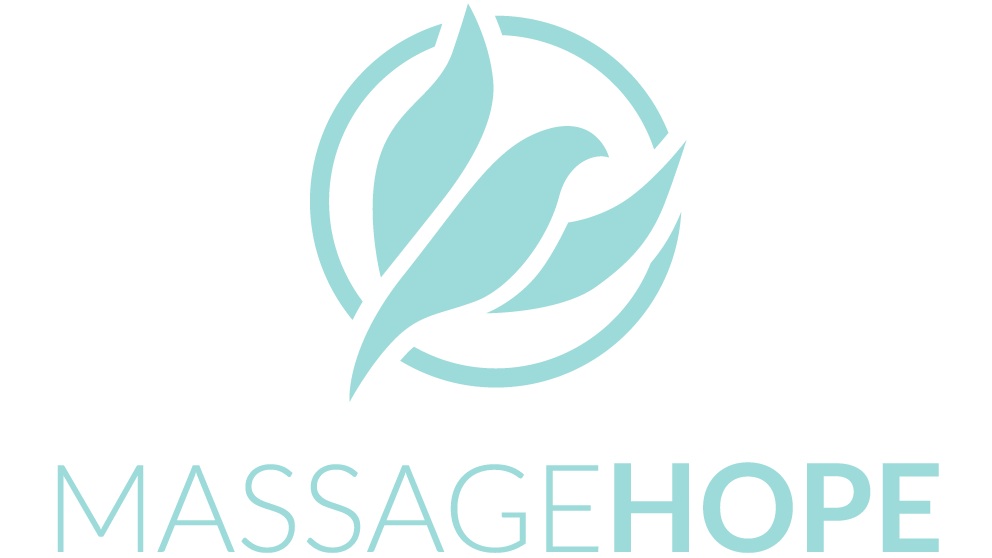Sports Massage Therapy at Massage Hope
At Massage Hope, we specialize in Sports Massage Therapy, utilizing the same therapeutic techniques as general massage but with a focus on the unique demands of your sport. Here's what sets our approach apart:
Tailored Techniques: We incorporate Myofascial Release, Trigger Point Therapy, Neuromuscular Therapy, Nerve Mobilization, and Stretching, all customized to meet your specific athletic needs.
Sport-Specific Knowledge: Understanding the body mechanics of your sport is crucial. Whether it's running, cycling, or swimming, our therapists analyze how your sport's movements impact your body to optimize your performance.
Sports Massage Session Options:
30 MINUTE SESSION ($80): Perfect for athletes needing focused attention on a specific body part, like a hip, rotator cuff, or foot.
60 MINUTE SESSION ($130): Suitable for addressing more than one issue or for a general full-body session to alleviate overall soreness and stiffness.
90 MINUTE SESSION ($175): Ideal for multiple areas of concern, providing extra time to address sore muscles or developing tendonitis.
120 MINUTE SESSION ($250): A comprehensive treatment where every detail is covered, ensuring no area is overlooked.
Members receive 10% OFF all services and 10% back in reward points. 1 point = $1
-
Professional athletes, amateur sports enthusiasts, and weekend warriors alike recognize the benefits of regular massage:
Enhanced Performance: Regular massage helps muscles adapt to the demands of exercise, reducing the risk of injury by maintaining flexibility and range of motion.
Faster Recovery: Massage aids in eliminating metabolic by-products, shortening recovery times and reducing post-workout soreness.
Improved Circulation: Enhanced blood flow delivers more oxygen and nutrients to muscles, boosting athletic performance.
Injury Rehabilitation: For those recovering from strains, bruises, or chronic soreness, massage is integral in speeding up the healing process and reducing scar tissue.ext goes here
-
During Training: Regular sessions help prevent injuries, maintain flexibility, and accelerate recovery, potentially requiring weekly visits during peak training periods.
Pre-Event: Short, focused massages before competitions can increase circulation, reduce tension, and manage pre-event anxiety.
Post-Event: Immediate massage after an event is crucial for recovery, reducing muscle tone, and identifying any potential injuries early.
Rehabilitation: For injuries sustained during training or events, massage complements medical treatments, reducing spasms and enhancing healing.
-
Expertise in Athletic Care: Our therapists are well-versed in the physical demands of various sports, tailoring each session for optimal results.
Holistic Approach: Beyond treatment, we provide education on self-care, helping you maintain peak condition between sessions.
Personalized Plans: We work with you to create a massage schedule that aligns with your training regimen and competition calendar.

